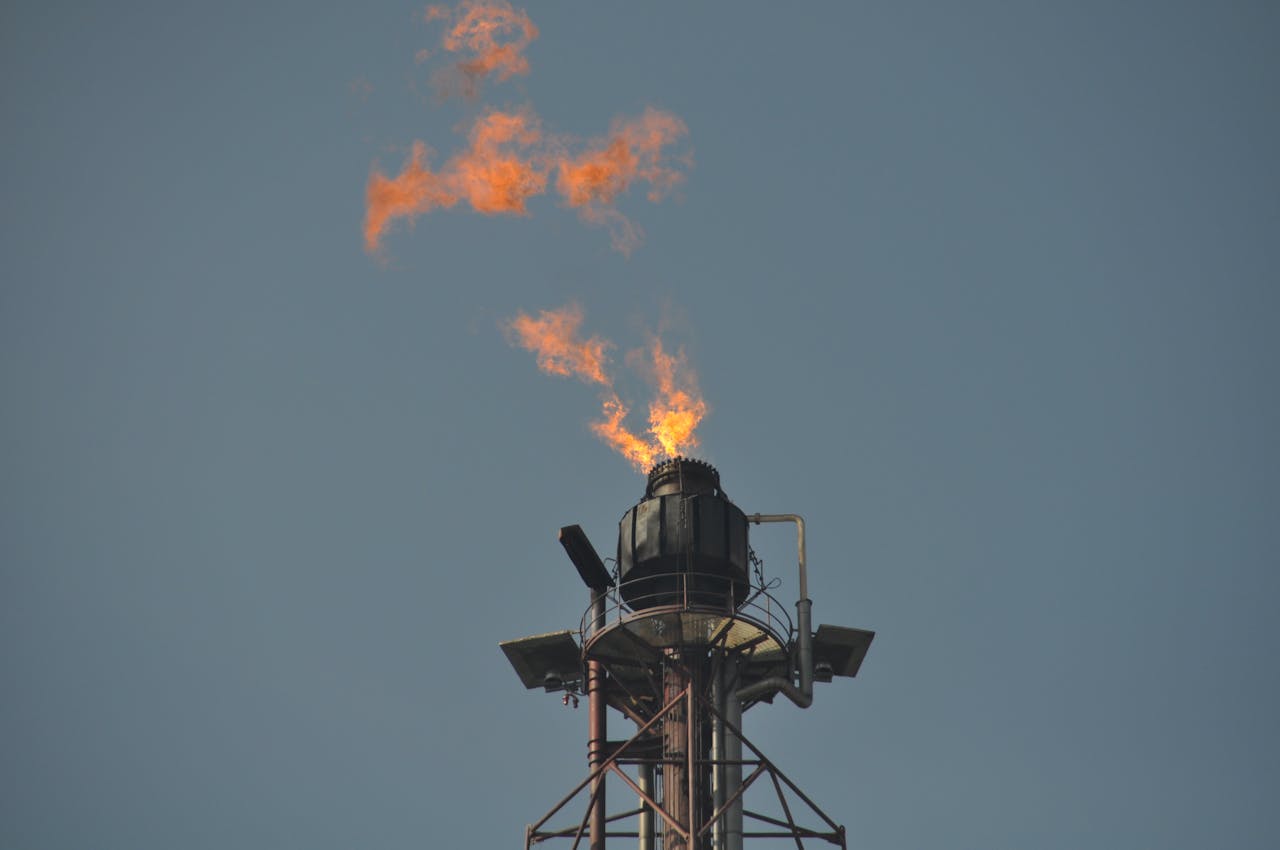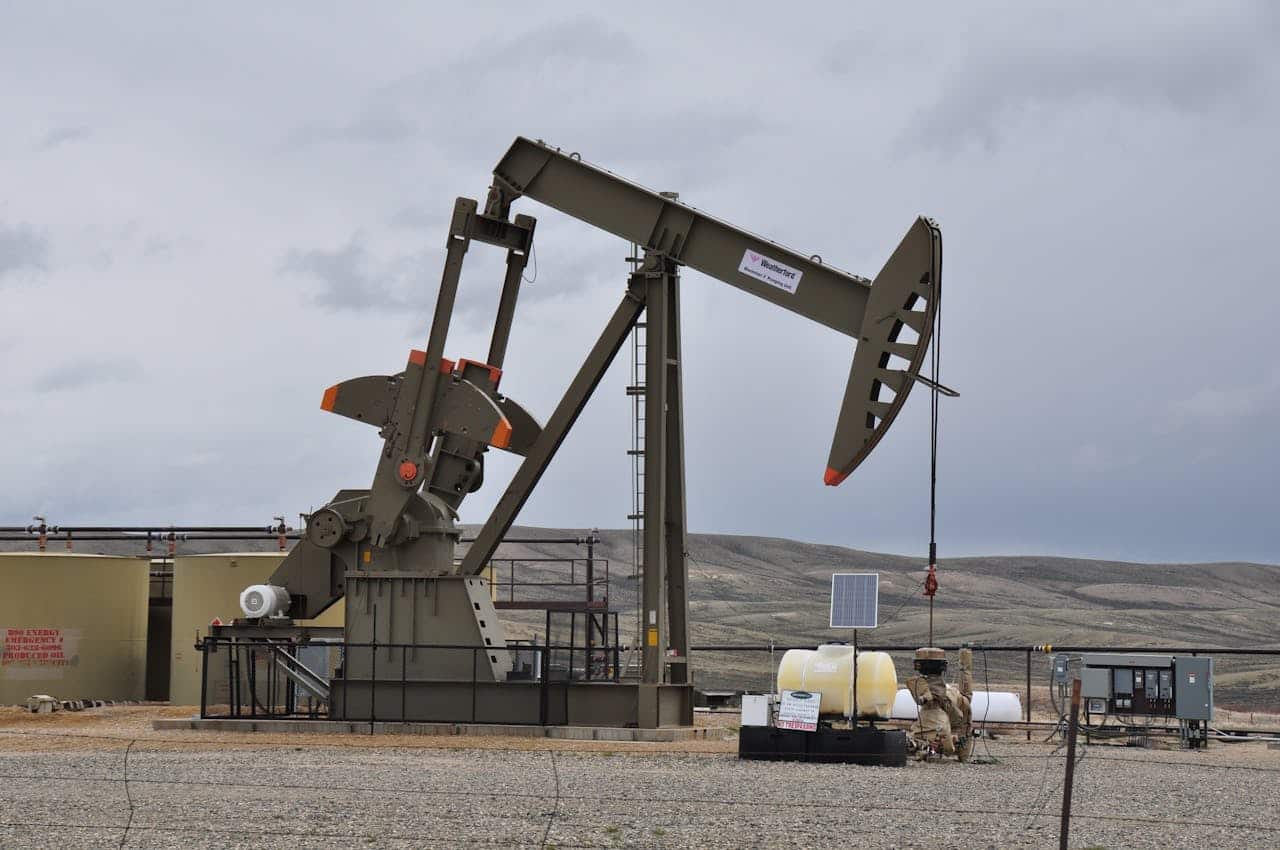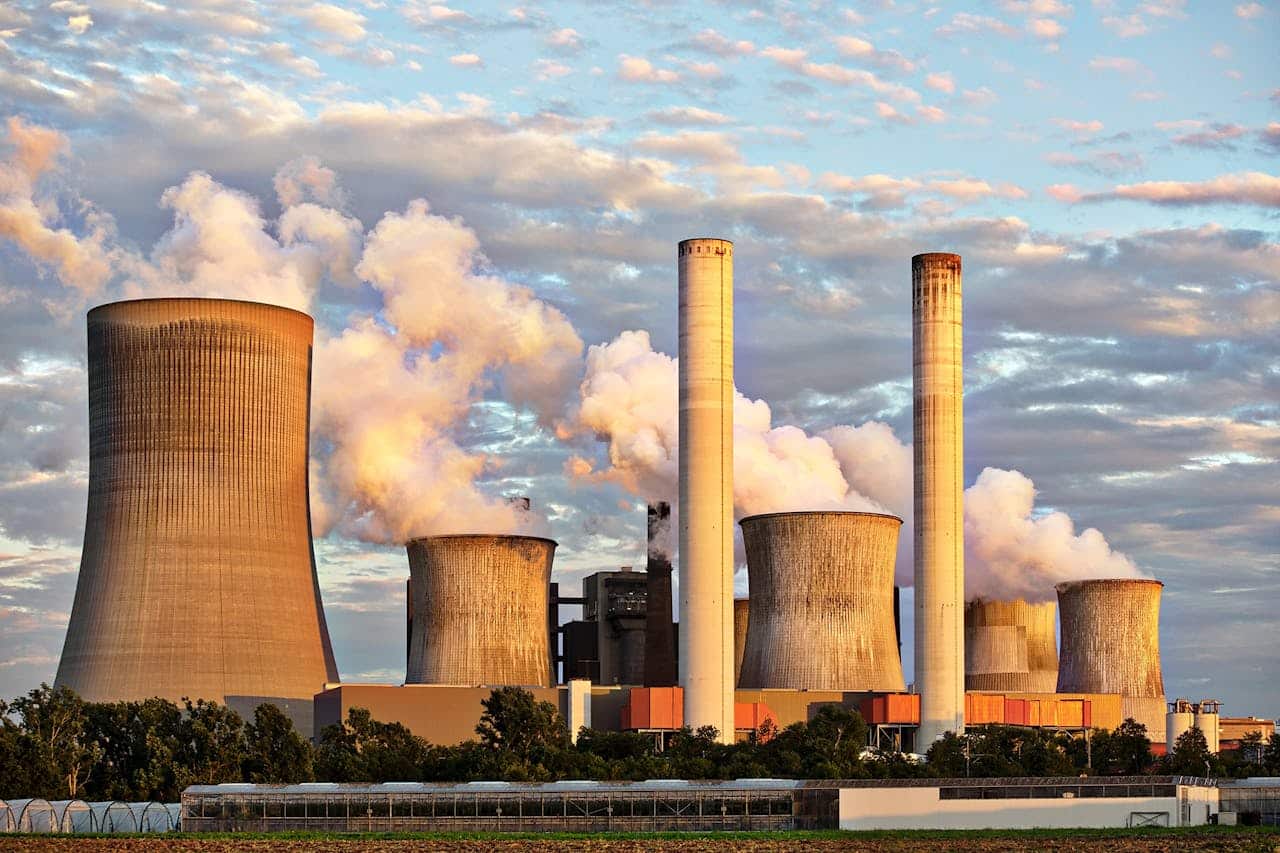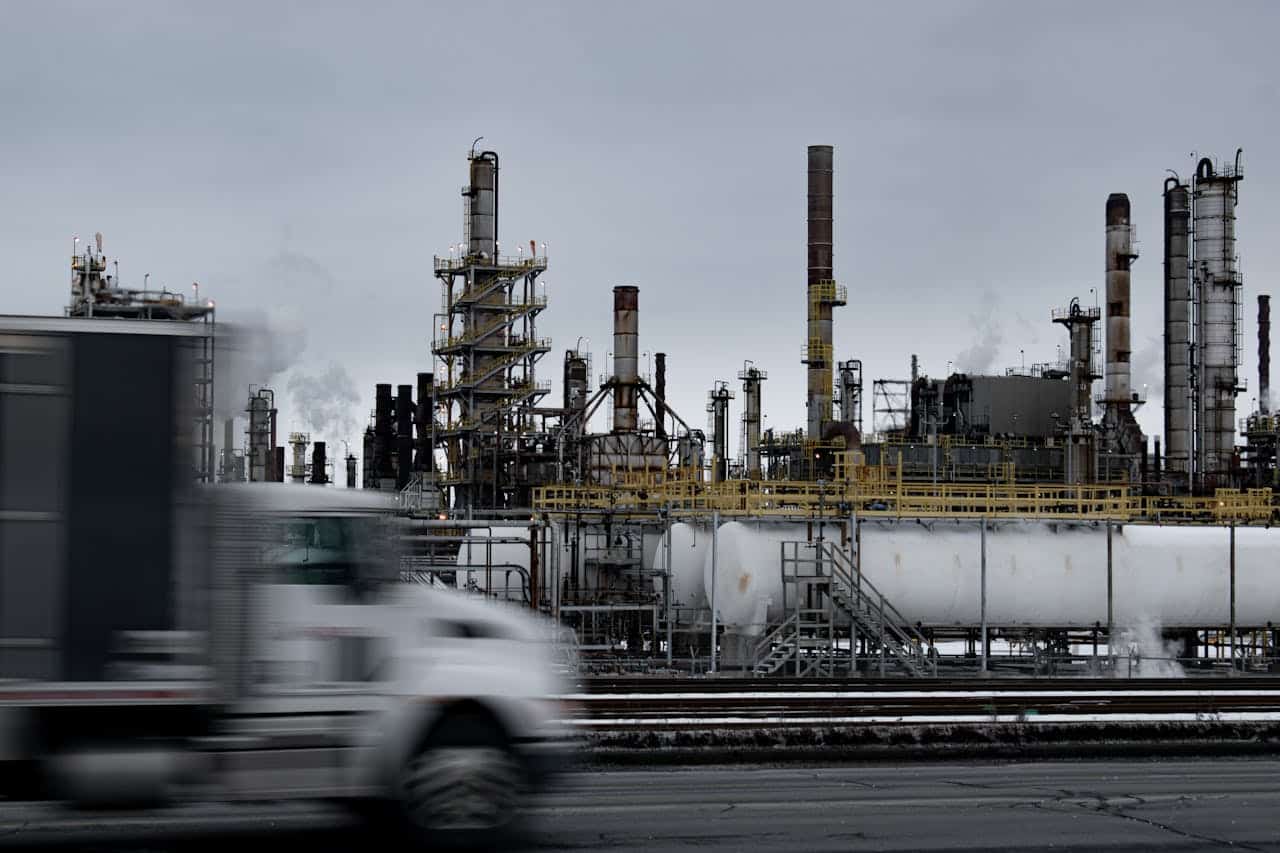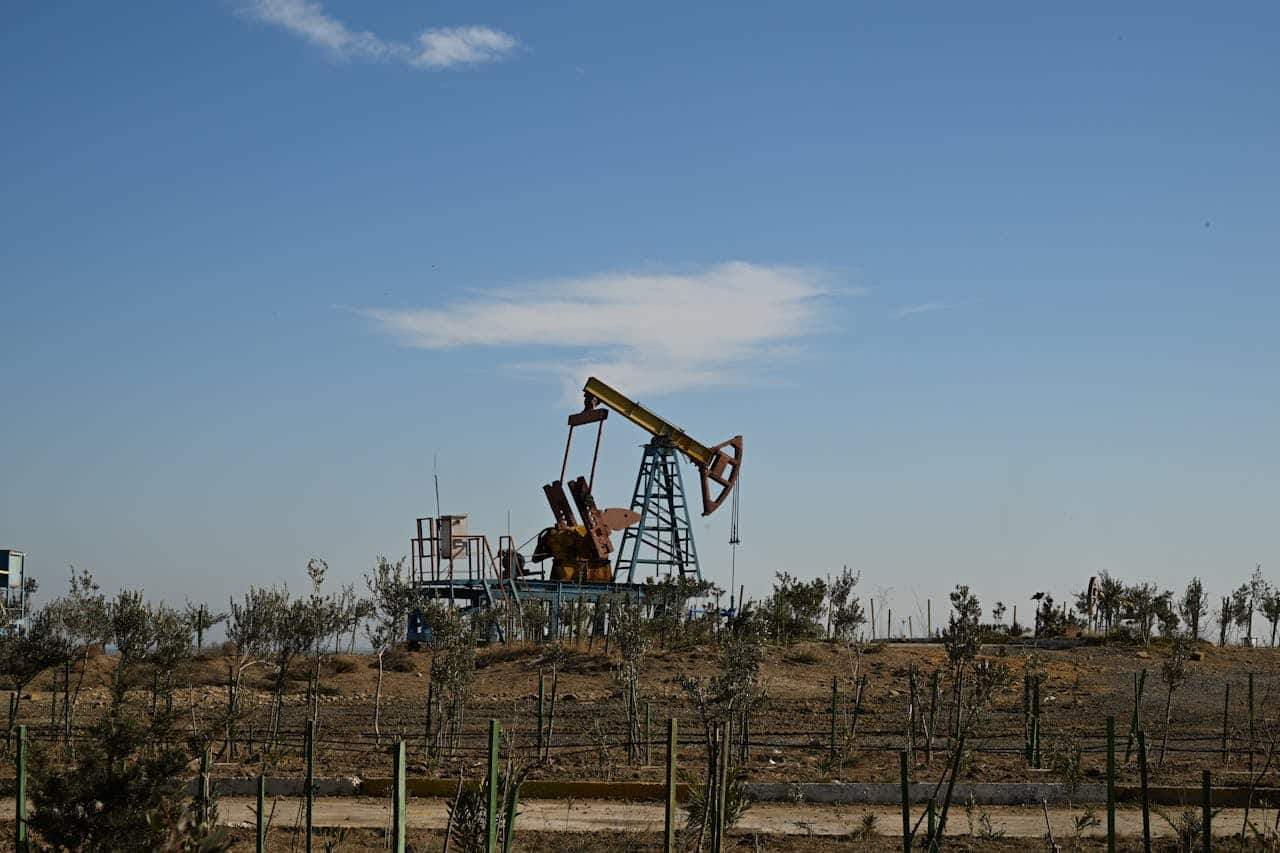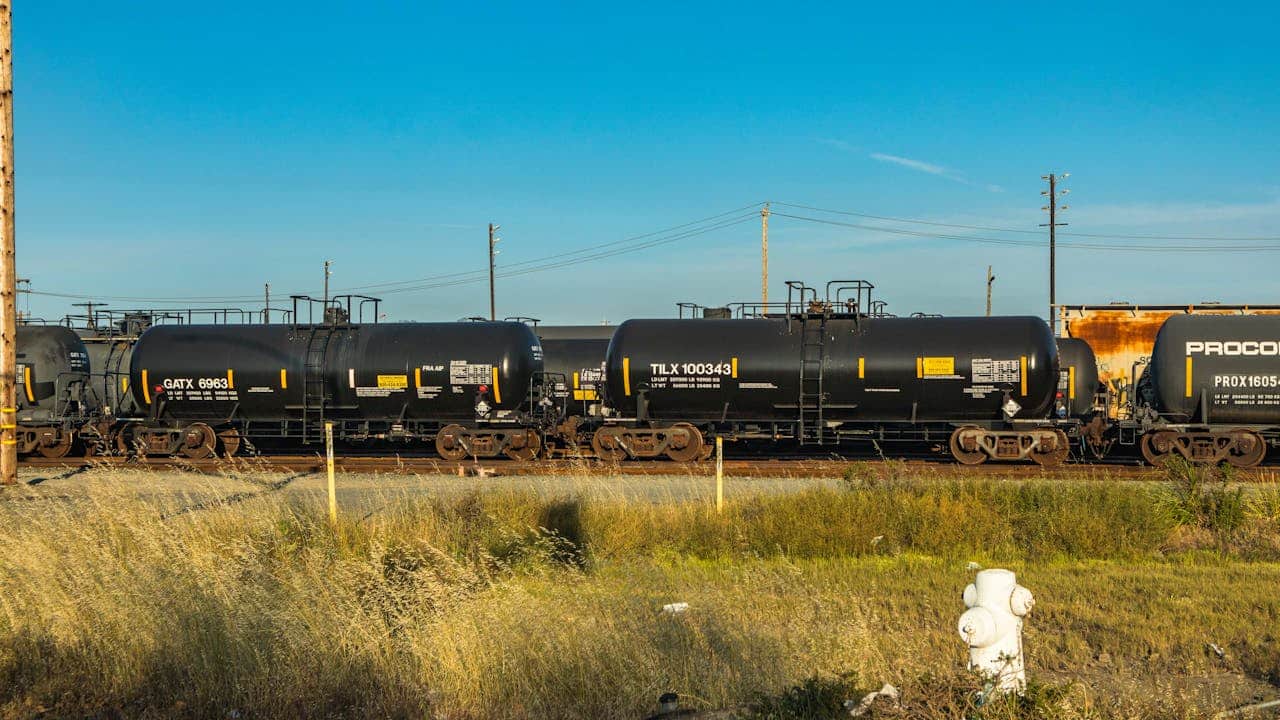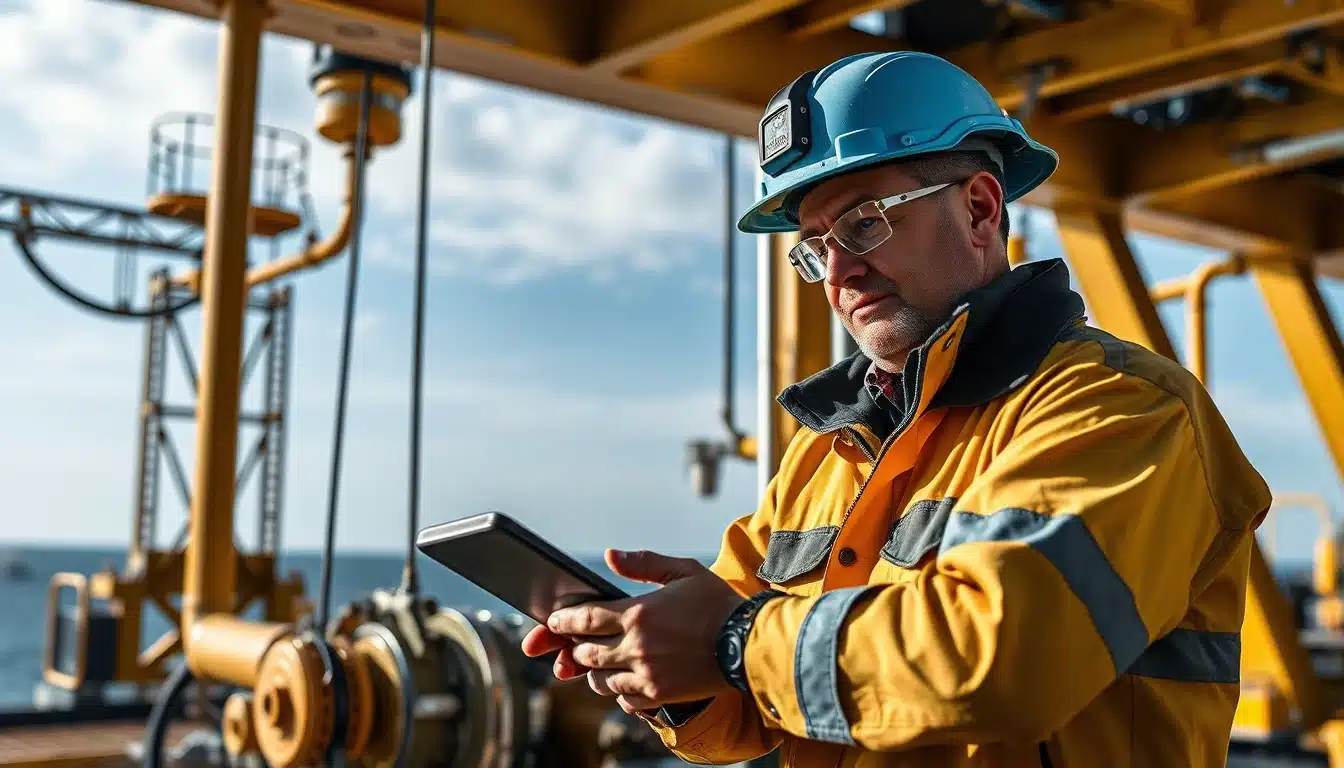Oil & Gas Marine Terminals: Operation, Management and Safety in accordance with International Standards
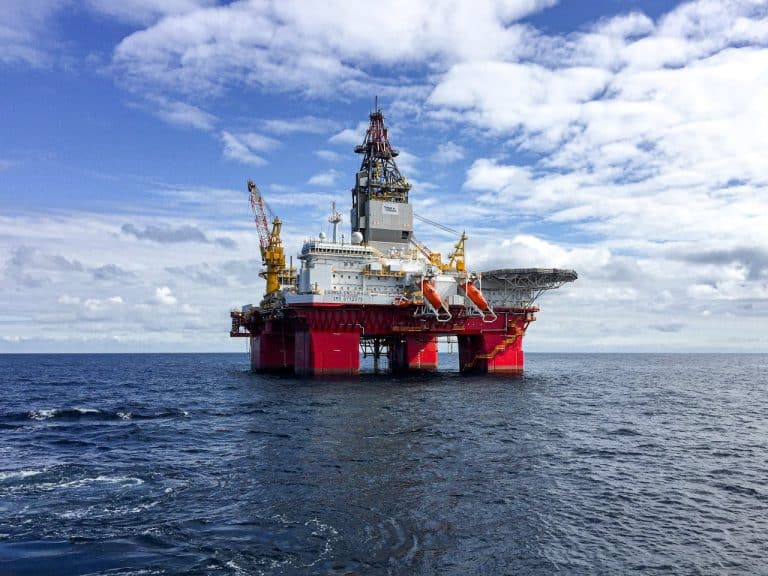
| Date | Format | Duration | Fees (USD) | Register |
|---|---|---|---|---|
| 12 Nov - 14 Nov, 2025 | Live Online | 3 Days | $2625 | Register → |
| Date | Venue | Duration | Fees (USD) | Register |
|---|---|---|---|---|
| 01 Dec - 05 Dec, 2025 | London | 5 Days | $6305 | Register → |
Did you know that 50% of maritime incidents occur in ports and terminals, with 813 incidents recorded in docks in 2022? This compelling statistic underscores the critical importance of safety management in oil and gas marine terminals.
Course Overview
The Oil & Gas Marine Terminals course is meticulously designed to equip professionals with cutting-edge knowledge in terminal operations, cargo handling in marine terminals, and safety in marine terminals. This comprehensive programme focuses on technical operations, management systems, and regulatory compliance in oil and gas terminals to ensure participants can effectively navigate the complex landscape of marine terminal operations.
Why Select This Training Course?
Selecting this Oil & Gas Marine Terminals Course offers numerous advantages for professionals involved in commercial marine operations and oil & gas terminal operations. Participants will gain advanced knowledge of berth management, mooring operations, and tanker operations. The course provides hands-on experience with marine asset integrity management and best practices in marine terminal safety, enabling attendees to optimise their terminal operations effectively.
For organisations, investing in this training enhances overall operational efficiency and strengthens safety performance. By ensuring that personnel are well-trained in spill response and emergency procedures, organisations not only protect their assets but also build sustainable practices. Research shows that companies implementing comprehensive safety management systems can significantly reduce operational risks. For instance, Algerian LNG terminals demonstrated that structured safety management systems substantially decreased operational risks through proper implementation of international standards.
Individuals who complete this course will benefit from enhanced career prospects as they become more valuable assets in their respective fields. The skills acquired through this training can lead to professional growth and increased responsibilities within their organisations. Studies indicate that with the adoption of Risk-Based Safety models in the Nigerian oil and gas industry, the demand for skilled terminal operations professionals continues to rise.
Transform your terminal operations capabilities – Join our next session!
Who is this Training Course for?
This course is suitable for:
- Terminal managers and operations supervisors.
- Marine and port engineers.
- Health, safety, and environmental officers.
- Compliance and regulatory affairs professionals.
- Logistics and supply chain managers in the oil and gas sector.
What are the Training Goals?
The objectives of this training course are to enable professionals:
- To master the operational intricacies of marine terminal management.
- To ensure compliance with international safety and environmental standards.
- To leverage technology to enhance terminal efficiency and safety.
- To develop strategic leadership skills for terminal operations.
How will this Training Course be Presented?
The Oil & Gas Marine Terminals Course employs a comprehensive and innovative approach to ensure maximum knowledge retention and skill development. Expert-led instruction from seasoned terminal operations professionals forms the core of the course, providing up-to-date insights into modern terminal management techniques and practical applications.
Our training methodology includes:
- Interactive sessions with industry experts
- Practical workshops on safety and operational scenarios
- Live demonstrations of terminal management systems
- Group projects focused on operational challenges
- Access to extensive industry resources and networks
Ready to master terminal operations? Secure your spot today!
Course Syllabus
Module 1: Terminal Infrastructure and Design
- Site selection and environmental considerations.
- Layout design for safety and operational efficiency.
- Berthing and mooring systems for various vessels.
- Storage tank design and safety features.
- Pipeline routing and integrity management.
- Firewalls and safety barriers in terminal design.
- Electrical systems for hazardous areas.
- Jetty construction and maintenance.
- Security infrastructure for terminal protection.
- Environmental protection systems.
- Access control and emergency response infrastructure.
- Compliance with design standards like API and NFPA.
Module 2: Cargo Handling Operations
- Procedures for safe oil and gas transfer.
- Loading and unloading arm operations.
- Managing cargo documentation and customs.
- Quality control during cargo transfer.
- Handling of different hydrocarbon products.
- Emergency shutdown systems for cargo operations.
- Prevention of cargo contamination and spillage.
- Managing boil-off gas in LNG operations.
- Safety checks for ship-to-shore interface.
- Training for operational personnel.
- Coordination between ship and shore teams.
- Managing variable cargo conditions.
Module 3: Safety Management Systems
- Implementing ISGOTT guidelines.
- Hazard identification and risk assessment.
- Safety culture development in terminal operations.
- Fire and explosion prevention strategies.
- Personal protective equipment for terminal workers.
- Control of ignition sources in operations.
- Emergency response planning and drills.
- Lockout/Tagout procedures during maintenance.
- Safety audits and continuous improvement.
- Incident investigation and learning.
- Monitoring and managing safety performance.
- Compliance with OSHA and local safety regulations.
Module 4: Environmental Management
- Environmental impact assessment for terminals.
- Compliance with MARPOL and other environmental regulations.
- Spill prevention and response strategies.
- Management of volatile organic compounds (VOCs).
- Water management, including ballast water treatment.
- Air emissions control during operations.
- Noise and vibration control measures.
- Waste management and recycling practices.
- Biodiversity protection near marine terminals.
- Reporting and documentation for environmental compliance.
- Integration of green technologies in terminal operations.
- Strategies for reducing the carbon footprint.
Module 5: Regulatory Compliance
- Understanding international maritime laws.
- Compliance with IMO, ISPS, and SOLAS conventions.
- Permit to Work systems in terminal operations.
- Documentation for regulatory audits.
- Legal responsibilities for terminal operators.
- Continuous updates on regulatory changes.
- Training for regulatory compliance.
- Managing international and local regulations.
- Ethical considerations in compliance management.
- Preparing for regulatory inspections.
Module 6: Terminal Automation and Technology
- IoT for real-time monitoring of operations.
- Automation in loading and unloading processes.
- Digital tools for asset management and maintenance.
- Use of AI for predictive maintenance scheduling.
- Cybersecurity in terminal operations.
- Automation of safety systems.
- Digitalization of cargo documentation.
- Simulation software for training and planning.
- Integration of SCADA systems in terminal management.
- Use of drones for inspections and security.
- Blockchain for supply chain transparency.
Module 7: Health and Safety
- Health risks associated with terminal operations.
- Occupational health in a terminal environment.
- Ergonomics in terminal work settings.
- Noise and vibration exposure management.
- Chemical and physical hazard control.
- Training for health and safety practices.
- First aid and medical response capabilities.
- Promoting a safety-first mindset.
- Continuous health surveillance for workers.
- Managing psychological health in operations.
Module 8: Terminal Operations Efficiency
- Lean principles in terminal operations.
- Performance metrics for terminal efficiency.
- Resource planning for peak operational periods.
- Optimizing berth and storage utilization.
- Reducing turnaround times for vessels.
- Efficiency in cargo handling and storage.
- Cost management strategies in operations.
- Scheduling and capacity planning.
- Streamlining communication for operational efficiency.
- Continuous process improvement initiatives.
Module 9: Terminal Maintenance
- Preventive maintenance schedules for terminal equipment.
- Maintenance of berthing and mooring systems.
- Inspection techniques for pipelines and tanks.
- Managing maintenance during operational continuity.
- Corrosion control in marine environments.
- Spare parts and inventory management.
- Safety during maintenance activities.
- Training for maintenance crews.
- Routine checks for safety systems.
- Performance evaluation post-maintenance.
Module 10: Marine Terminal Security
- Security risk assessment for terminals.
- Physical security measures implementation.
- Cyber and information security in terminals.
- Access control systems for personnel and vehicles.
- Surveillance systems for terminal operations.
- Security training for staff and contractors.
- Emergency security procedures.
- Compliance with ISPS Code requirements.
- Security during cargo operations.
- Managing security incidents.
Training Impact
Research indicates that organisations implementing structured oil and gas marine terminals training programmes have demonstrated measurable benefits in both operational efficiency and safety compliance. Case studies highlight the following comprehensive improvements:
From Algerian LNG terminals implementation:
- Enhanced understanding of safety practices and operational procedures
- Improved regulatory compliance and risk management
- Strengthened emergency response capabilities
- Reduced operational risks through proper implementation of international standards
- Improved safety culture and incident prevention
Additional benefits include:
- Significant improvement in terminal efficiency with potential throughput increases
- Enhanced decision-making capabilities in terminal operations
- Improved ability to handle complex cargo operations
- Strengthened safety culture and reduced incident rates
- Increased competitiveness through comprehensive terminal management strategies
Transform your career in marine terminal operations – Enrol now!

